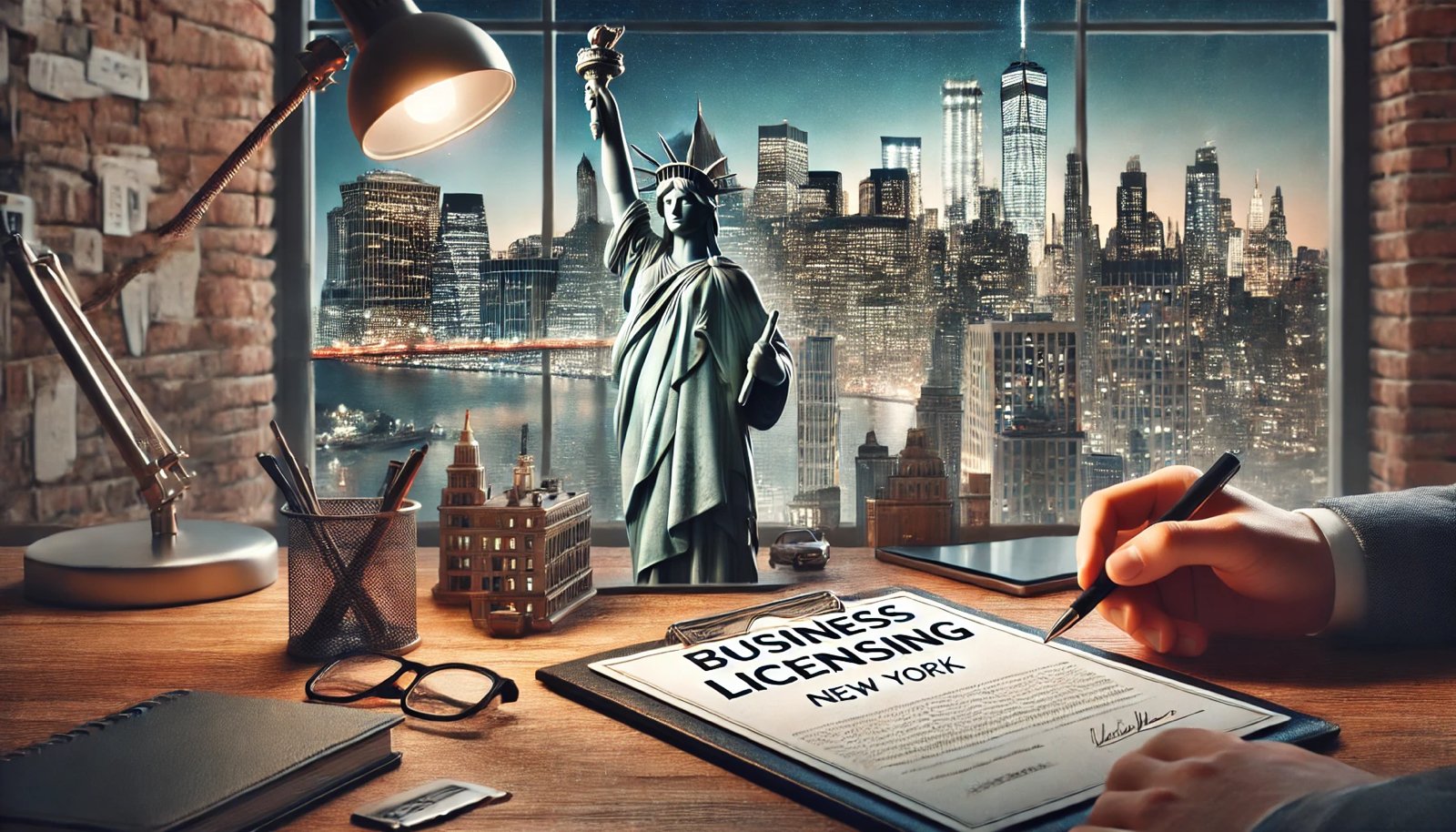How much is a business license in NY?
Calculating the cost of getting a business license in New York is complex and can be challenging. Unlike most states, New York does not have one general business license at the state level. Business owners instead have to go through a patchwork of local and industry-specific licenses that have their various expenses. This blog aims to clarify the various aspects of acquiring a business license in New York, including potential costs and necessary steps.
Understanding Business Licenses in New York
In New York, an application for a business license is most commonly determined by the type of business you plan to start and where it would be located. Although there is no generic state business license, most businesses are required to obtain specific licenses or permits depending on their type of business. For example, if you want to start a restaurant, you'll have to get a food service establishment permit, whereas a retail store requires a sales tax certificate.
Types of Licenses
1. Sales Tax Certificate: This is mandatory for any business that sells goods or services that are subject to sales tax. Fortunately, no fee is charged for this certificate.
2. Professional Licenses: In some cases, one requires licenses to practice in certain professions-for example, health providers and legal services. Various professions require licenses, issued by state regulatory bodies, which costs vary widely. Typically, it is around $50-$150.
3. Local Permits: Depending on your municipality in New York, you might need additional local permits. For instance, in NYC, specific types of businesses require certain permits, and fees can be anywhere from $100 up to several hundred dollars, all depending on the nature of the business.
Average Costs
No one pays a definitive fee for a New York business license, so costs will vary greatly:
Sales Tax Certificate: free
Professional Licenses: $50-$150
Local Business Permits: $100-$300 or more
For instance, a bakery could be charged approximately $100 for its food service establishment license, but other businesses will have to pay other amounts depending on the rules by the city.
Getting a License
Steps for a License
1. Determine Your Business Structure: You should decide whether to incorporate as a sole proprietorship, LLC, corporation, and many other forms. The choice made determines the licenses you have to obtain.
2. Research Required Licenses: Identify which licenses are mandatory for your specific business type and location. Utilize resources such as the New York State Business Express website to move along the right track.
3. Obtain Licenses: Submit each application for a license or permit that the business requires. This can be done online or in person at the local governing offices.
4. Pay Relevant Fees: Be prepared to pay fees connected to your applications, as listed above.
5. Maintain Compliance: Once you have received your licenses, continue to ensure compliance with renewal, additional permits, or requirements that may occur as your business is growing.
The Role of NYC in Licensing
Operating in NYC presents yet another layer of complexity. The city is heavily populated, and its business landscape is highly diverse. Each borough may have different regulations and fees associated with business licensing. For example, businesses operating in Manhattan might be charged more than those in less populated areas like Staten Island or parts of Queens.
Licensing Complexity
New York's business license process is complicated because there isn't a "one-sizefits-all" licensing system that applies everywhere and covers everything, and the fees vary according to location and industry. However, proper knowledge of types of licenses required and the steps by which they are obtained will ensure smooth entry into the business world legally.
For people looking forward to ensuring a clean and professional workspace that comes with starting a new business, services like Sparkly Maid NYC can prove helpful. A clean environment not only increases employee productivity but also boosts positive impressions from clients and customers—the bones of the success for anyone vying in any competitive market such as New York City.
